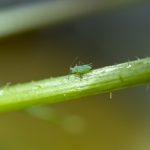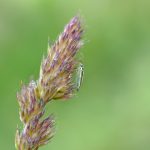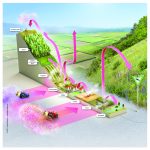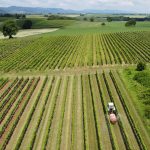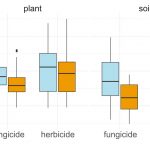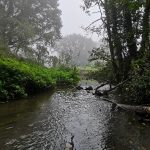Surface waters are polluted with a variety of contaminants, including synthetic pesticides. A study by Franziska Fiolka and colleagues from the RTG SystemLink in Landau, recently published in the journal “Chemosphere”, is the first to examine if repeated flood events lead to an increase in pesticide concentration in the riparian zone, including plant-feeding insects. It shows that pesticide concentrations in soil and nettle increase with an increase in flooding frequency, and further, that aphids feeding on contaminated riparian plants are able to take up these pesticides.
Continue readingPolluted surface waters, not just a problem for aquatic organisms: Biomagnification of flood-borne pesticides in plant-feeding aphids
